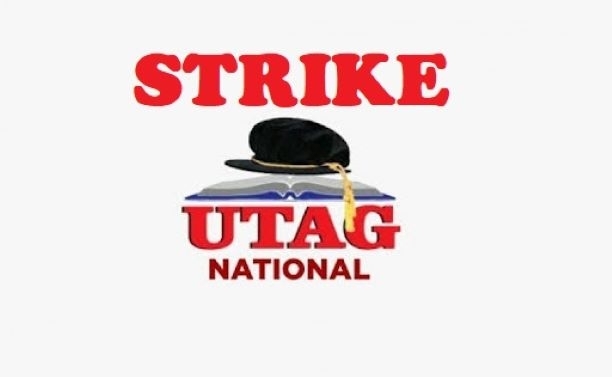University Teachers Association of Ghana are still on their industrial strike action against galamsey following government’s attempt to negotiate and interact with them. The decision, according to the group, is in reaction to government’s inability to adequately combat illegal mining also referred to as “galamsey.” The declaration to go on strike comes after a 77.95 per cent of UTAG members voted in support of the strike action in a recently held referendum on the issue.
In a statement issued by the Chairman of the National Independent Electoral Committee (NIEC) of UTAG, Dr Reuben Ayivor -Djanie, dated October 9, 2024, said 2,762 members of UTAG took part in the referendum out of which 2,153 members voted in support of the strike action and 607 members voted against the motion to go on strike while two members abstained from the voting process.
Many other interest groups and members within UTAG, have come out to say they were left out of the decision making process which led the association to go on strike. Dr. Owusu Fordjour Aidoo, who is a former president of UTAG-University of Environment and Sustainable Development (UESD) and Dr. Jonathan Osei-Owusu, who is also a lecturer at University of Environment and Sustainable Development has joined the call for UTAG to halt the strike action and engage government in a constructive dialogue.
In a statement released and signed by the two members of UTAG, they said “universities should be at the forefront of generating solutions to national problems rather than resorting to strikes as the first course of action”. “Given that the government has already implemented measures, though more needs to be done, constructive dialogue is needed to resolve the galamsey crisis. Strikes, particularly prolonged ones, put a strain on relationships between key stakeholders, including the government and the academic community”, they further stated.
They stressed the constructive dialogue would align UTAG’s goals with broader national interests and would offer tangible contribution to the fight against galamsey. They also stressed while UTAG’s concerns are valid, the strike is counterproductive to its goals and urged them to consider calling off the strike and resort to a more sustainable approach to the galamsey crisis.

